Reliefa: Complete Constipation Care
Gentle laxation & Regular bowels- powered by almond oil, perfected by Ayurveda.





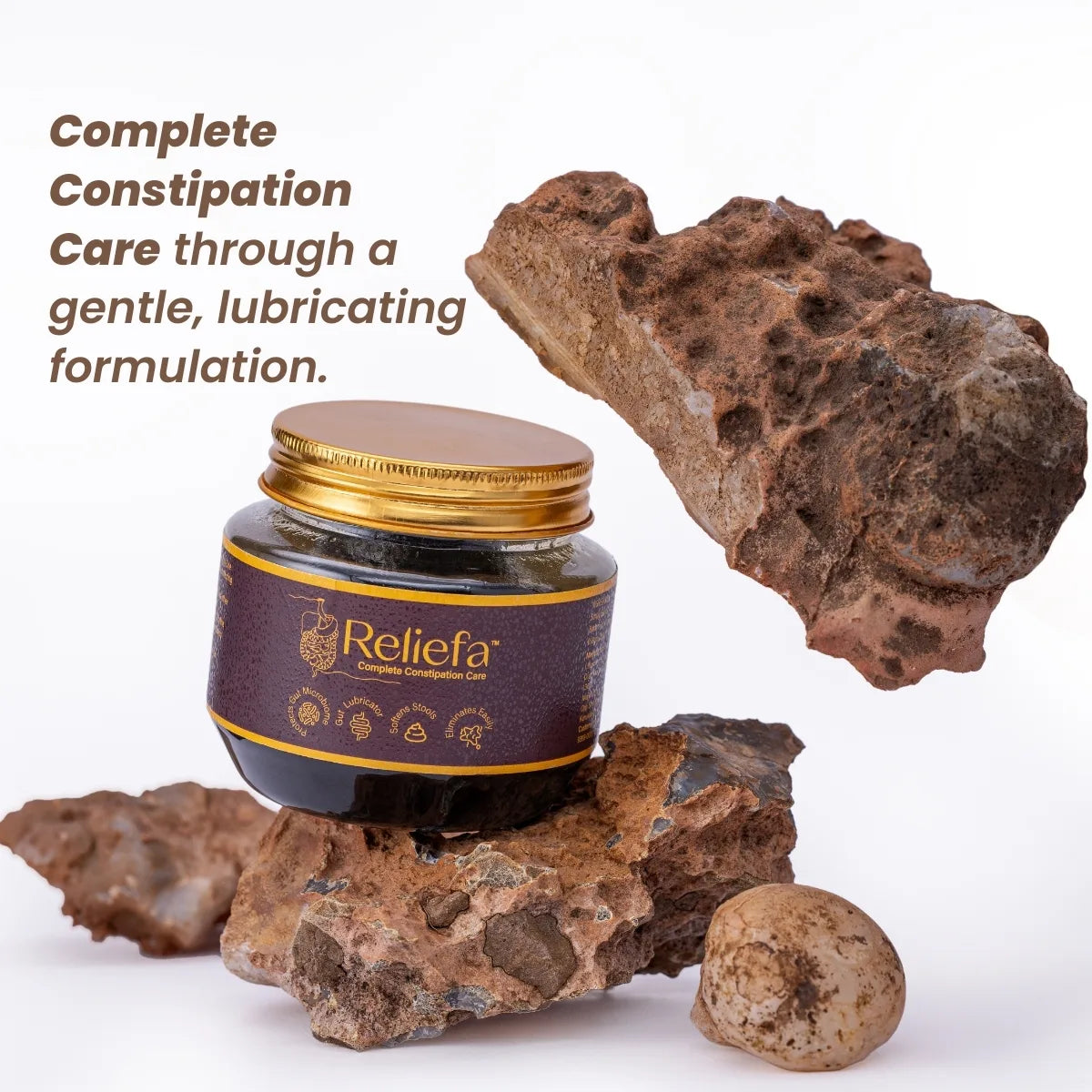
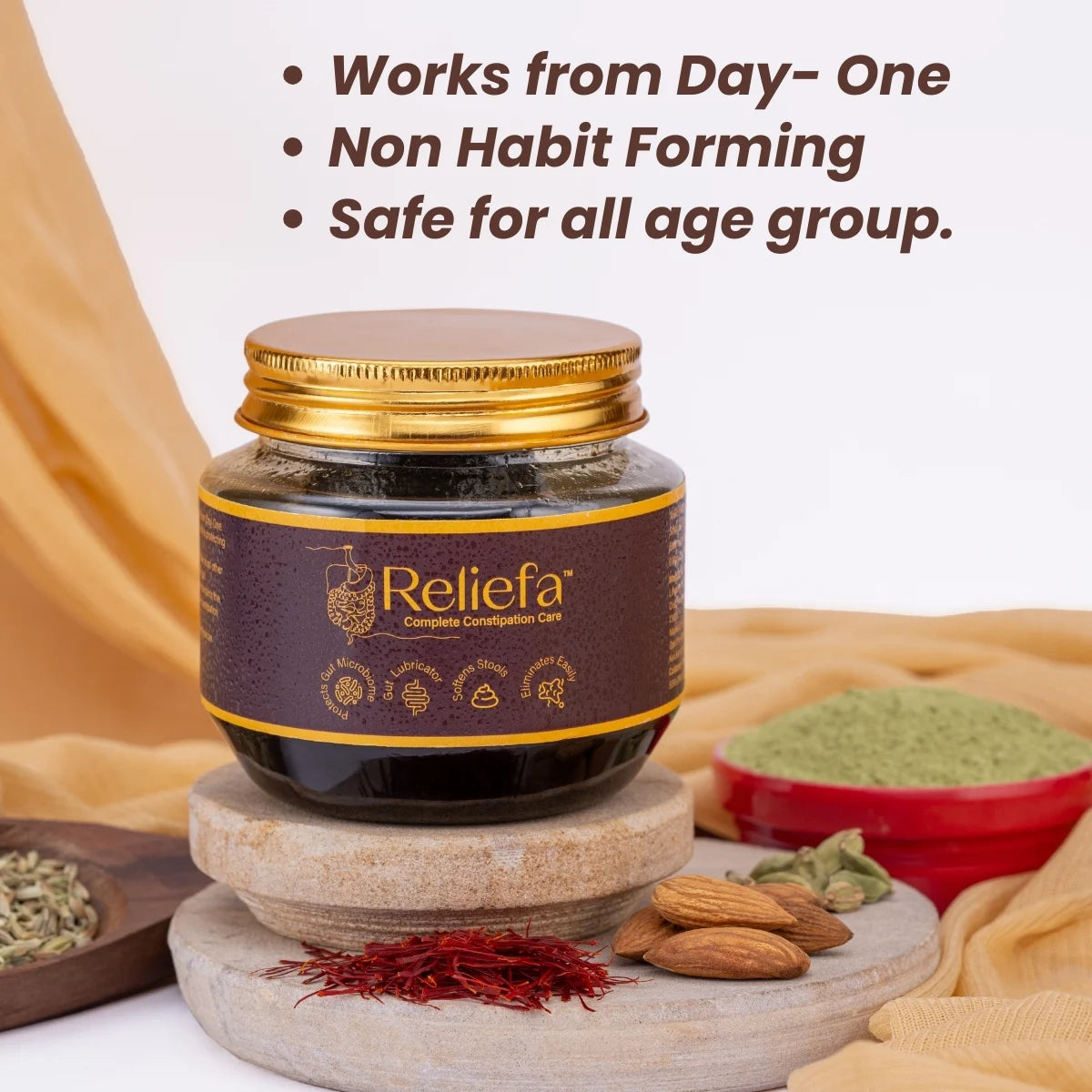
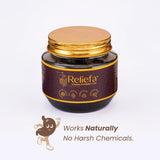




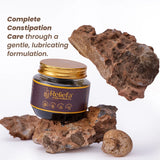
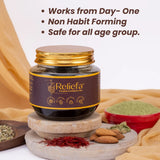
Please hurry! Only 0 left in stock
- Rs. 1,656.65
Rs. 1,949.00- Rs. 1,656.65
- (-15%)
- Unit price
- per
About Aas Ayurveda
The dedicated Ayurvedic professionals with a combination of youth, experience, and dynamism have conceptualized ‘Aas Ayurveda’. The organization aims to treat its patients with the traditional system of Indian Medicines at its Ayurvedic treatment centres. ‘Aas’ stands equal to the word ‘Hope’ in English.
We at ‘Aas Ayurveda’ stay committed every day to transform this hope into the reality of a healthy, happy and disease-free life for the people who seek treatment from us.
- Choosing a selection results in a full page refresh.






























































